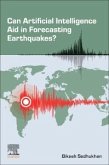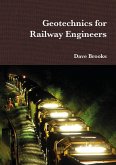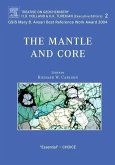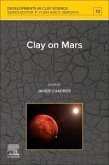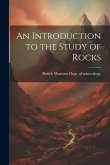Introduction and Applications of Machine Learning in Geotechnics offers a comprehensive exploration of machine learning methodologies and their diverse applications in geotechnical engineering. The book begins with a detailed review of machine learning methods tailored for geotechnical applications, setting the foundation for subsequent chapters. Regression models are utilized to predict shear wave velocities, while optimization-based approaches are employed to determine the optimal dimensions of reinforced concrete (RC) retaining walls. The book further explores the identification of gravelly soil through optimized machine learning models and predicts stress-strain responses using data from simple shear tests. Additionally, it outlines the forecasting of liquefaction events triggered by seismic activities and estimates the uniaxial compressive strength of soil using machine learning techniques. The prediction of vertical effective stress and specific penetration resistance is examined to enhance soil characterization and geotechnical analyses. The authors provide valuable insights for geotechnical engineers and researchers seeking to leverage advanced computational tools for enhanced geotechnical assessments and design processes.
Bitte wählen Sie Ihr Anliegen aus.
Rechnungen
Retourenschein anfordern
Bestellstatus
Storno



